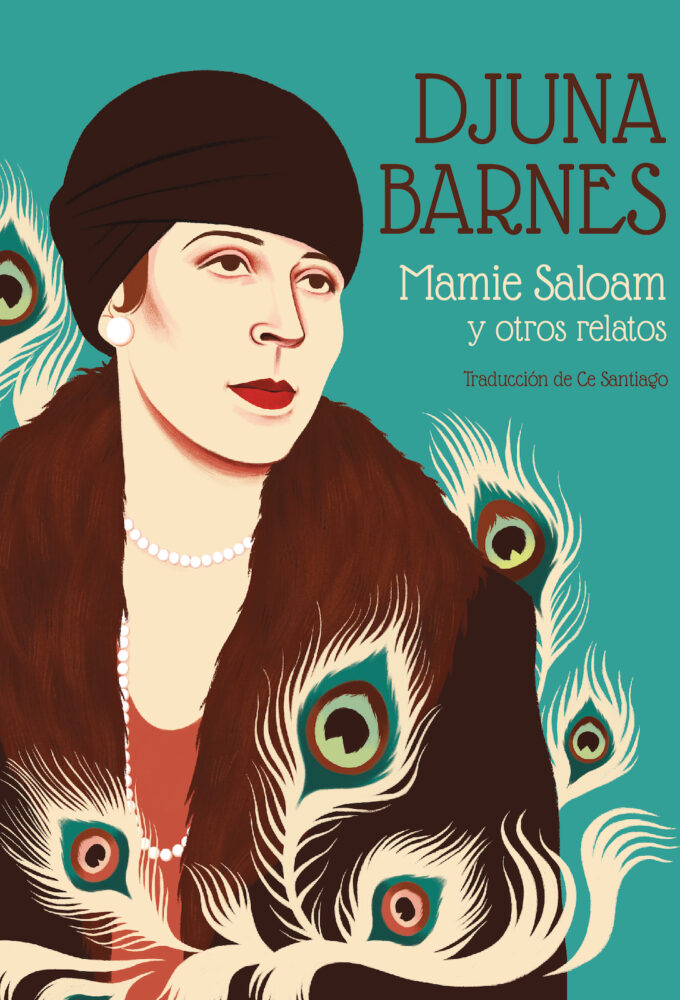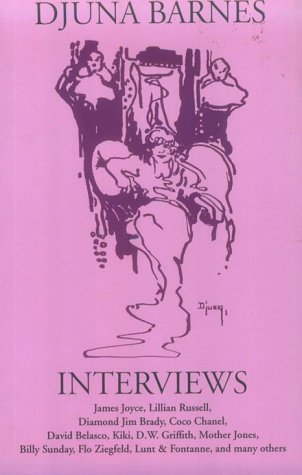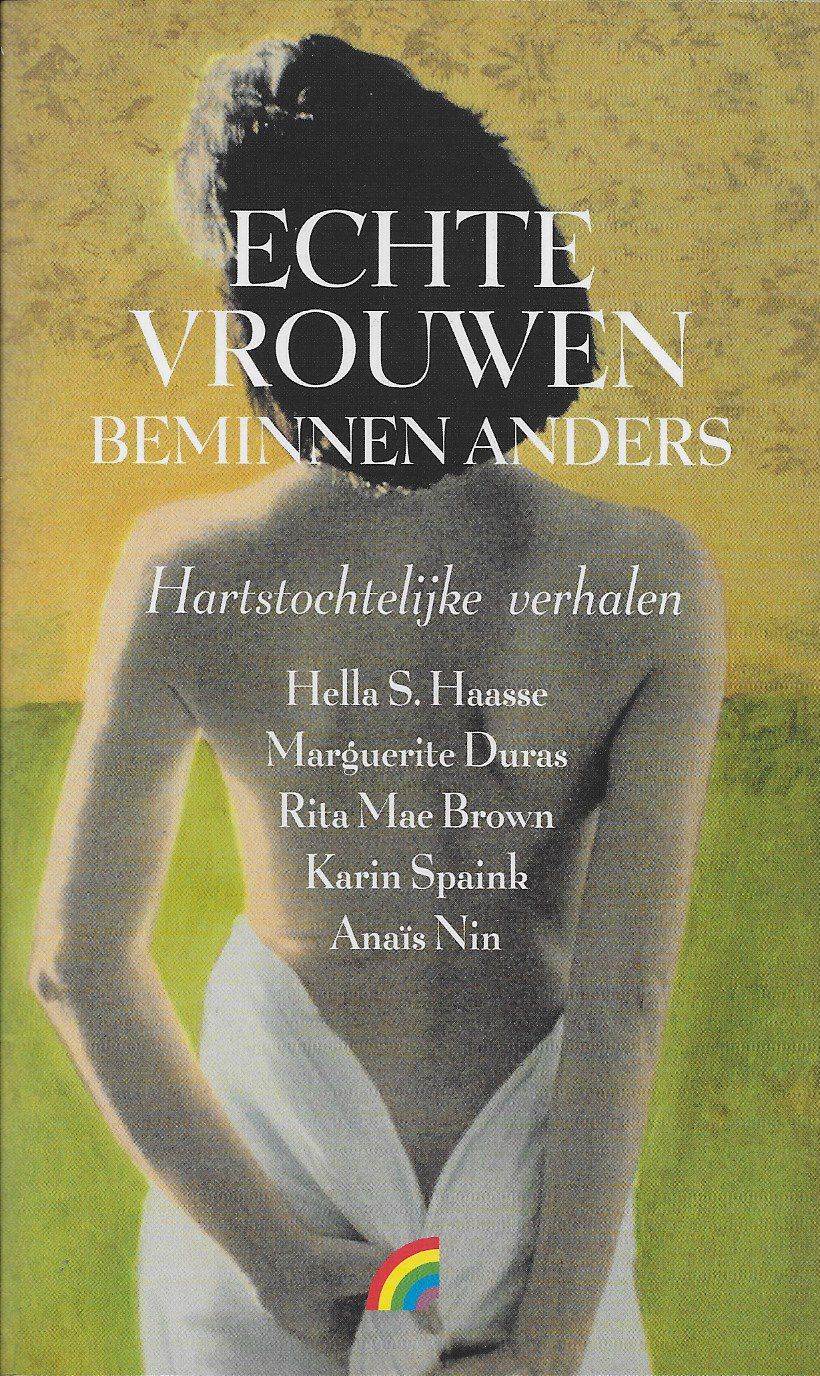
Barnes has been cited as an influence by writers as diverse as Truman Capote, William Goyen, Isak Dinesen, John Hawkes, Bertha Harris and Anaïs Nin. Writer Bertha Harris described her work as "practically the only available expression of lesbian culture we have in the modern western world" since Sappho. Barnes played an important part in the development of 20th century English language modernist writing and was one of the key figures in 1920s and 30s bohemian Paris after filling a similar role in the Greenwich Village of the teens. Her novel Nightwood became a cult work of modern fiction, helped by an introduction by T. S. Eliot. It stands out today for its portrayal of lesbian themes and its distinctive writing style. Since Barnes' death, interest in her work has grown and many of her books are back in print.
Series
Books

Collected Stories
1996

Nightwood ; Ladies Almanack
2000

Ryder
1928

Selected Works
1962

Mamie Saloam y otros relatos
2020

Smoke
1917

Book of Wayward Girls and Wicked Women
1986

Ladies Almanack
1928

Spillway and Other Stories
1923

Vivid and Repulsive as the Truth
The Early Works of Djuna Barnes
2016

The Lydia Steptoe Stories
2019

Stolze Frauen mit Vorurteil
2019

Creatures in an Alphabet
1982

I Am Alien to Life
Selected Stories
2024

The Antiphon
1958

At the Roots of the Stars
The Short Plays
1995

New York
1920

Echte vrouwen reizen anders
1999

Collected Poems
With Notes Toward the Memoirs
2004

Chloe Plus Olivia
An Anthology of Lesbian Literature from the Seventeenth Century to the Present
1994

Nightwood
1936

Interviews
1985

The Book of Repulsive Women
1989

